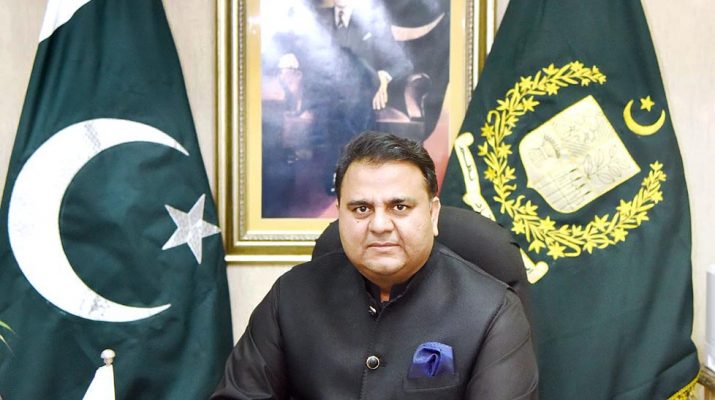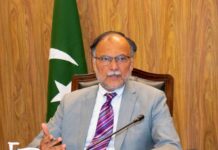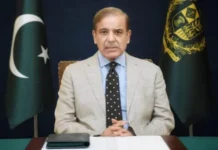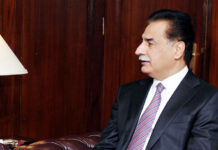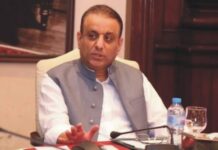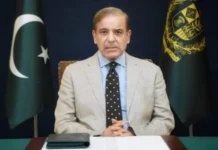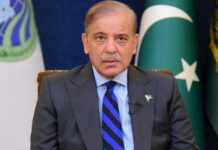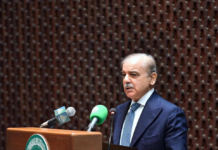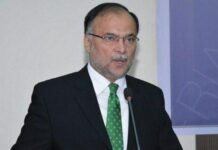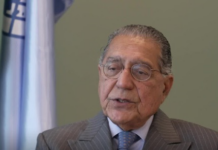KARACHI: “A good story should never die. You have to find ways to make sure they get reported,” said Lubna Jerar Naqvi, head of content-Social Media issues Special Projects at the Jang Group. She was responding to a question on stories about health being sidelined by editors and producers in the media industry, as part of a panel which also included Editor for Digital Properties at Samaa TV, Omar R. Quraishi; freelance journalist and former health reporter for Geo News, Akhtar Shaheen Rind, and Nizamuddin Siddiqui from Dawn Newspaper.
The panel discussion, held on May 18, 2017 at the Center for Excellence in Journalism at the Institute of Business Administration, Karachi (CEJ-IBA), was organized as part of a workshop titled ‘Rights-Based Health Reporting’ conducted from May 15th to 18th in collaboration with Center of Communication Programs Pakistan (CCPP). The workshop was aimed towards females and journalists from the minority communities who specialize in health reporting to help them get introduced with the tools and techniques used to report on health and wellness issues as well as understand them in a human rights context.
The panel was preceded by a presentation by the participants to the panelists. The participants were divided into groups and asked to prepare a story based on the reports that they were given during the workshop. Stories presented to the panel ranged from transgender rights to the fight against polio, to education and minority issues and attended by approximately fifty people. The Q&A session after the presentations had the participants pose different questions to the four panelists. “As a journalist, you have to play with the situation presented,” said Ms. Naqvi to a question on adaptability in media and the situations that journalists usually find themselves in.
Over three days, the workshop held sessions on story-based and rights-based journalism, Reproductive, Maternal, Newborn and Child Health (RMNCH) concepts, minority rights and issues, and making and reporting a story and its various nuances. The sessions were conducted by lead trainer and health communications expert Peter Roberts, Director CEJ Kamal Siddiqi, Executive Director for CCPP Dr. Atif Ikram Butt and Social and Behavior Change Communication Specialist Ehtesham Abbas.
The first day of the workshop saw the participants dive into the makings of what constitutes a proper journalistic story. With the help of different exercises and group activities, the trainers led the participants into how to think and map a story, and how to approach it critically.
On the second day, participants saw a break in the exercises as they were engaged in a series of lectures and debates about minority and health issues. “Unless more people from the minority communities come into the media, their voice will not be heard,” said Kamal Siddiqi while talking about the challenges faced in bringing minority issues to light. The day ended with the participants refining techniques they had learnt from the previous day to address mock stories.
The third day of the workshop was mostly based on teams building mock news stories with the techniques and tools learned throughout the previous two days, later to be presented to the panel. The teams then presented these stories for further scrutiny and critique by the trainers.
The workshop will continue till Friday with a group of other journalists and media professionals who will participate in a refresher session from a previous workshop held in 2015. During these sessions, they will recapitulate everything that they had learned in the previous workshop and will present their work to the trainers for review.

